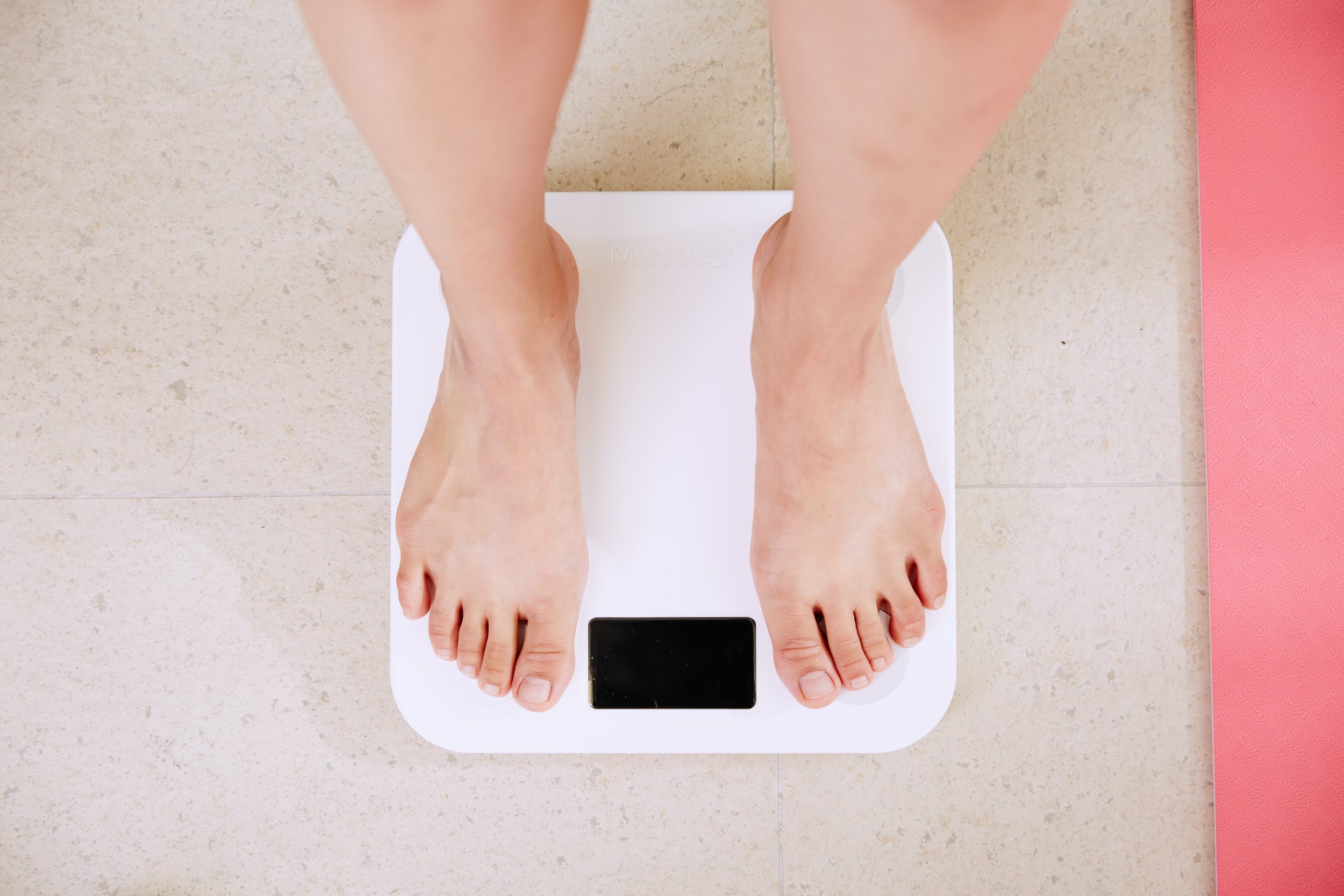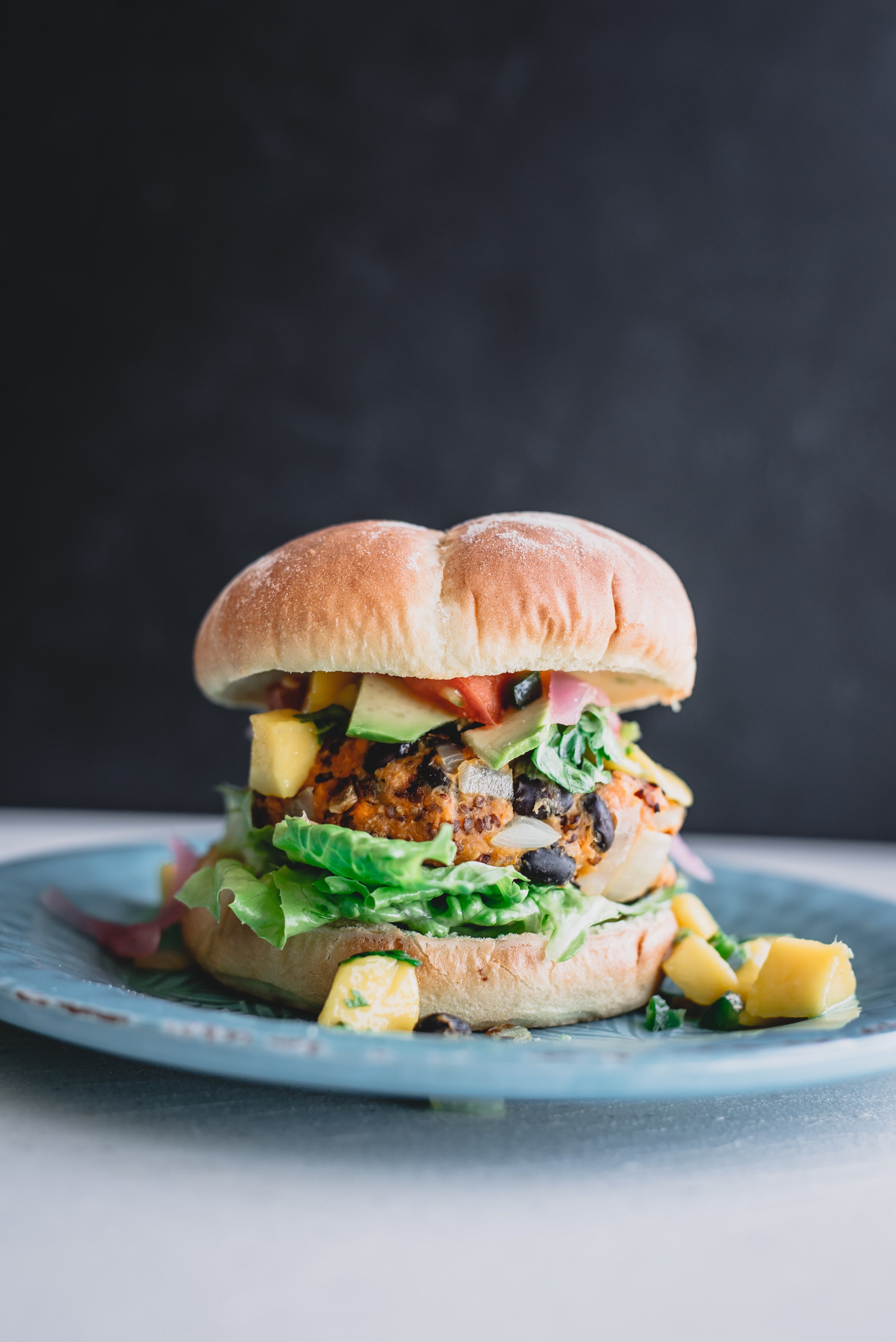What to Eat Before Training and Racing
Making sure you are fully fueled before a training session or a race is a key aspect to your performance and important component of a sports nutrition plan. The primary fuel you need to focus on is carbohydrates. Carbohydrates are the main source of fuel for every cell in your body–including your muscles and your brain.
Why it is Important to Properly Fuel Your Workouts and Races?
The human body uses primarily carbohydrates and fat to fuel performance. Carbohydrates are quickly processed by the body and they are the only macronutrient that can supply energy for anaerobic activities such as sprinting or steep climbs. Fat metabolism is a slower, more complex process, and it still requires some carbohydrates to operate at the rate needed for exercise. Carbohydrates are stored in the body as glycogen. These stores are limited, and can be quickly depleted depending on the intensity of exercise.
When your muscle cells begin to run low on fuel, fatigue sets in. This fatigue then gives the energy systems a chance to replenish Adenosine Triphosphate (ATP) within your cells as you slow down. Since carbohydrate metabolism is faster, carbohydrates can replenish ATP more quickly if carbohydrates are available. If only fat is available, activity intensity will need to remain at a level low enough that ATP can be replenished by the slower process of fat metabolism.
Therefore, you want to make sure your glycogen stores are well stocked before starting a training session or race to put yourself in the best position possible for performance. Otherwise, you will be limiting your potential performance.
What Type of Foods Are Best to Eat Before a Workout or Race?
Your pre-race or training meal should be focused on complex carbohydrates with some protein and limited amounts of fat. Complex carbohydrates include foods such as whole grains (bread, pasta, rice, etc.); starchy vegetables such as potatoes; and fruit. You can also include about 15 to 20 grams of easily digestible protein in this pre-activity meal. Protein will help maintain and regulate blood glucose levels by slowing digestion and absorption of carbohydrates. Consuming protein prior to exercise has also been shown to be beneficial for muscle protein synthesis. Avoid high-fat foods including full fat animal products and anything fried. These foods take a long time to digest and empty from the stomach. Ultimately, you will want to consume foods and beverages that keep you from getting hungry and digest easily.
How Much to Eat and When to Eat It
The following guidelines include fairly large ranges, and the exact timing will depend on what works best for you.
The Night Before
Eat a normal meal that includes ample complex carbohydrates (such as whole grains, starchy vegetables, and beans), 20 to 40 grams of protein, and don’t skip the vegetables. Many athletes are wary of eating fiber before a big event. However, if your body is used to consuming fiber on a regular basis–which it should be if you are eating a well-balanced diet–it should not be an issue to consume a normal amount. Avoid fatty foods such as anything fried or whole fat animal products. These calories from fat can make it more difficult to consume the carbohydrates you need. However, if you are competing in a multi-day event or have a very high training load that makes it a challenge to eat enough food, you can add additional healthy fats from plant sources (such as nut butter, nuts, avocado, or olive oil) to help meet your daily calorie needs.
4 hours before
Consume 1 to 4 grams of carbohydrate per kg of body weight within the four hours before your race or workout. For example, a 150 pound athlete would want to eat about 70 to 280 grams of carbohydrates. That’s a large range and will depend on the amount of time between your meal and your event.
If you are eating closer to your event time, eat on the lower end of the above scale.
If you have more time before your event, eat on the higher end of the scale.
You can eat this amount between a combination of meals and snacks before your event or workout.
If your event or training is late in the day, eat your normal foods earlier in the day, and use these guidelines to make sure you are getting enough carbohydrate leading up to your training or race. For example, if you workout at 6:00 p.m. plan to have lunch at 2:00, and a snack before you workout if you feel like you need it.
If you have an early morning race, plan to wake up early enough to eat.
Include complex carbohydrates such as whole grains (bread, bagels, pasta, cereal), fruit, and starchy vegetables (potatoes, and easily digestible protein sources such as whole grains, soy milk, nut butter, beans, eggs, low fat dairy, etc. What is “easy to digest” may not be the same for everyone.
Avoid high-fat foods such as fatty meats (bacon, sausage, etc.), whole fat dairy, cheese, and anything fried. These take a long time to digest and empty from your stomach (up to 4+ hours) and could cause gastrointestinal upset.
2 hours to 30 minutes before
If your planned work out or race is within two hours, have a snack instead of a full meal. This will depend on when you last meal was, how much you ate, and how much time you have before your event or workout.
30 minutes to 0 minutes before
In the minutes before your workout or race, some athletes like to have a small carbohydrate-rich snack such as a banana, a fig bar, some dates, a gel, or energy chews. This can be useful if you know it is going to be difficult to eat during your event.
During
Depending on the duration and intensity of your event or workout, you may need to continue to consume carbohydrates for optimal performance. Plan to consume 30 to 90+ grams of carbohydrate or more per hour in an easily digestible form.
Figure Out What Works For You
There is not one formula that works for everyone here, so use your training to figure out what works for you to be ready for race day. Record what you eat before each training session, how long you ate beforehand, and how you felt as a result.
Related Posts
Sources
Fink, Heather Hederick and Alan Mikesky., Practical Applications in Sports Nutrition. 6th ed.,, Burlington, MA, Jones & Bartlett Learning, 2021.
Photo by Alexandru Acea on Unsplash


